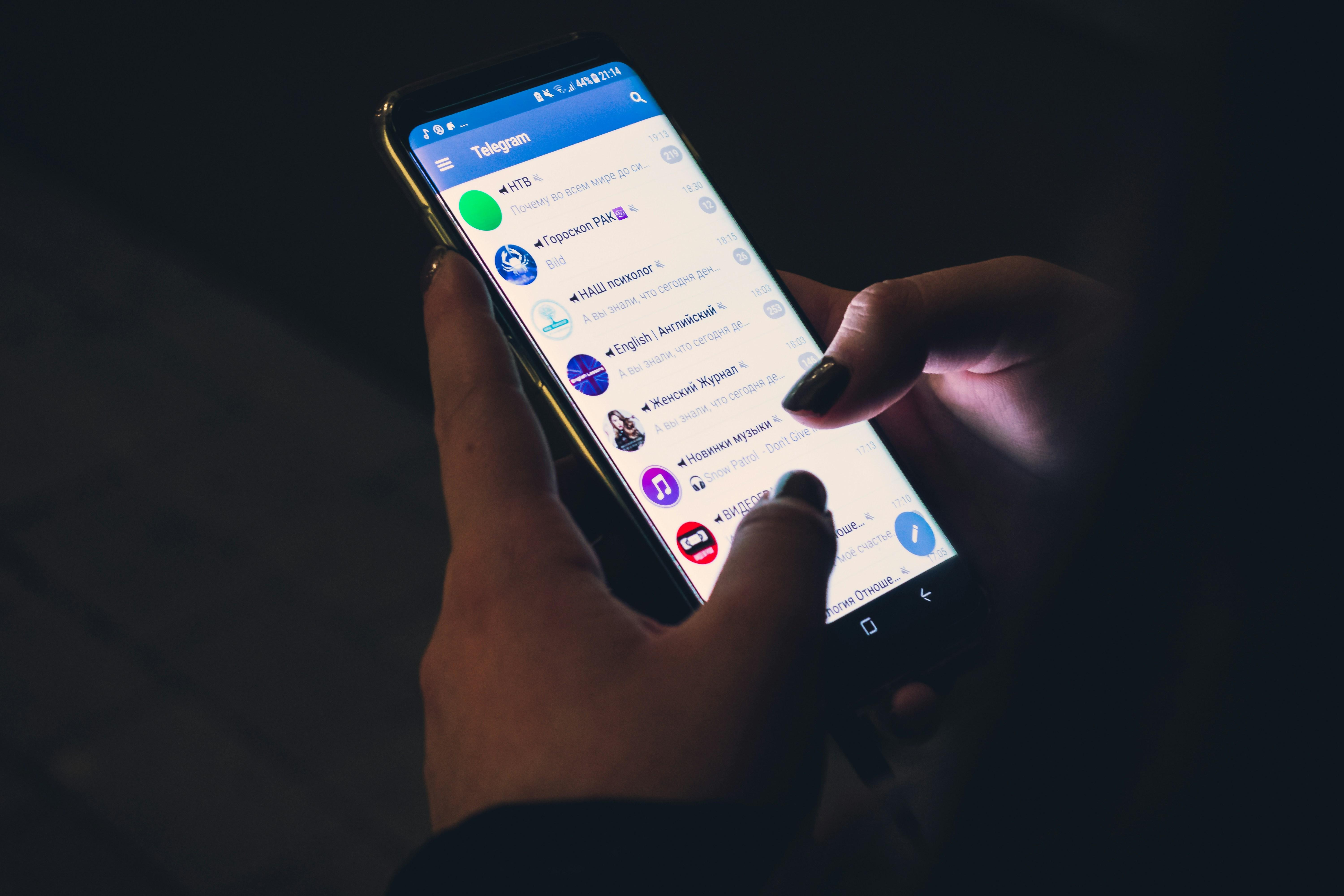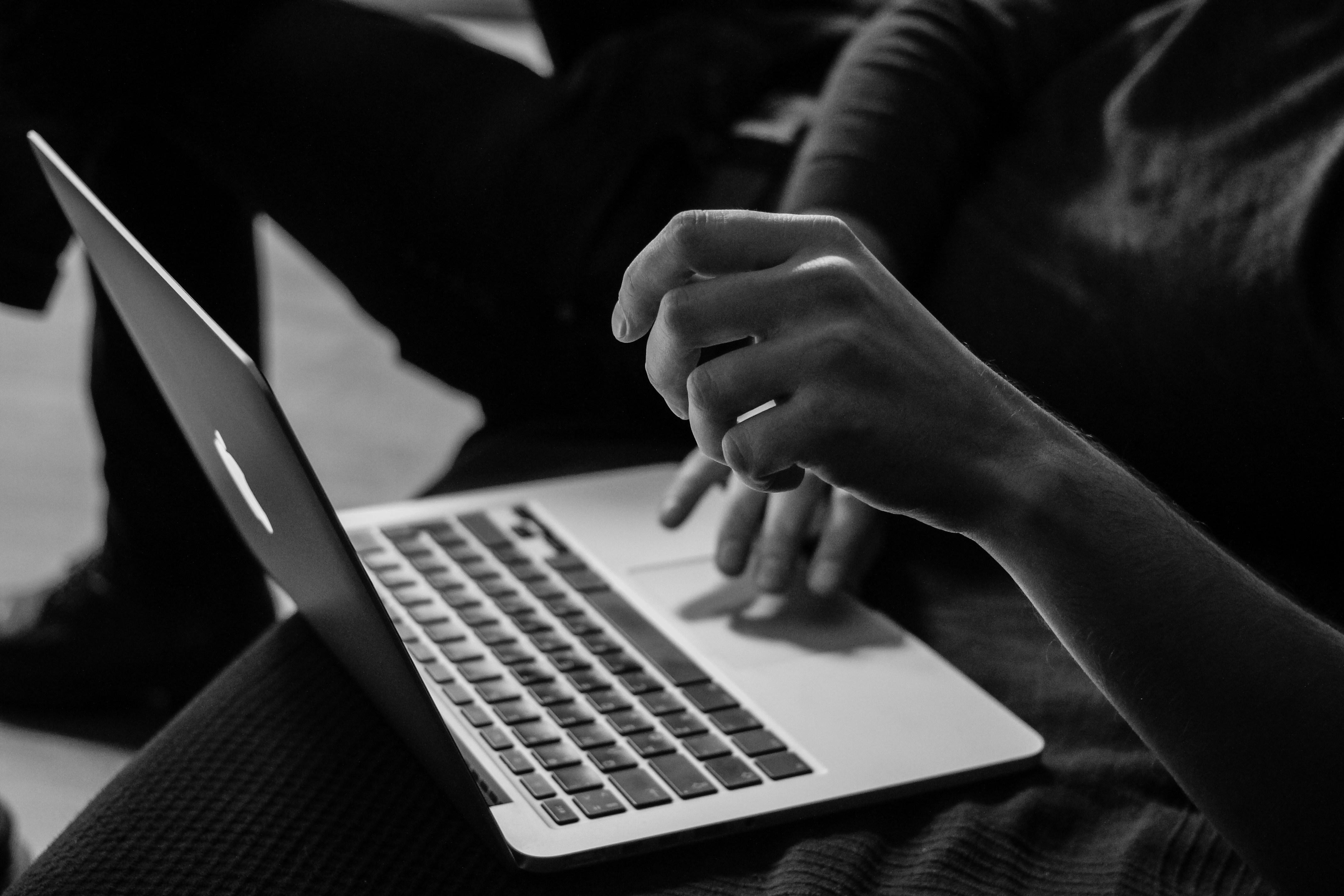In the digital age, love is often just a swipe away. Dating apps have revolutionized how we connect, offering the promise of romance with a simple tap. Yet, as technology facilitates these modern-day encounters, it also raises pressing questions about safety, particularly for vulnerable users. Are these platforms doing enough to protect those who may be at greater risk? This article delves into the protective measures dating apps employ, examining whether they truly create a secure space for everyone seeking connection in a digital world.
Navigating the Digital Dating Landscape: A Safety Overview
In today’s fast-paced digital world, dating apps have become an essential platform for forming new connections. While these apps have integrated several safety features, the question remains: are they sufficient for vulnerable users? Many platforms now offer photo verification, in-app blocking, and reporting mechanisms to combat harassment and fake profiles. However, the effectiveness of these tools often depends on user awareness and engagement.
Consider the following safety measures that can enhance user protection:
- Enhanced Verification Processes: Apps could implement multi-step verification, including government ID checks, to ensure user authenticity.
- Comprehensive Privacy Settings: Offering users greater control over who can view their profiles and personal information.
- Real-time Monitoring: Utilizing AI to detect and respond to suspicious behavior swiftly.
- User Education: Providing resources and tips on how to stay safe while dating online.
While these features represent a step in the right direction, the evolving nature of online threats necessitates continuous innovation and vigilance.

Understanding Vulnerabilities: Who Needs Extra Protection
In the realm of online dating, some users face heightened risks due to their unique circumstances or identities. Vulnerable users may include individuals from marginalized communities, those with disabilities, or people experiencing mental health challenges. These groups often encounter specific threats, such as targeted harassment or exploitation, making robust safety features essential.
- Marginalized Communities: Members of LGBTQ+ or racial minority groups may be at risk of discrimination or abuse.
- Individuals with Disabilities: Can face unique challenges in communication and accessibility, necessitating tailored safety measures.
- Mental Health Challenges: Users dealing with mental health issues might be more susceptible to manipulation or coercion.
To ensure these users feel secure, dating apps must prioritize comprehensive safety measures, such as enhanced privacy settings, responsive reporting systems, and educational resources that foster a safe and inclusive environment.
Evaluating Current Safety Features: Are They Enough?
When it comes to online dating, ensuring the safety of users—especially those who may be more vulnerable—is paramount. Many apps have implemented a variety of features aimed at enhancing user security, but are these measures sufficient? Some of the current safety features include:
- Profile Verification: Many apps now offer photo or ID verification to ensure that users are who they claim to be.
- Block and Report Functions: Users can easily block or report suspicious or inappropriate behavior.
- In-App Messaging Controls: Features like restricting who can message you, or filtering messages, are becoming more common.
- Location Safety: Some platforms provide options to blur your location or hide it completely.
While these features are a step in the right direction, the question remains whether they adequately protect all users, especially those who may be more susceptible to manipulation or harm. The challenge lies in balancing user autonomy with safety, ensuring that vulnerable individuals have the tools and support they need without compromising their dating experience.

Enhancing Security: Recommendations for Safer Online Dating
When it comes to online dating, ensuring user safety should be a top priority. Here are some key recommendations to enhance security:
- Profile Verification: Platforms can implement stricter verification processes, such as ID checks or video verifications, to ensure authenticity.
- Privacy Controls: Offering users detailed privacy settings to control who can view their profile and interact with them is crucial.
- Reporting Mechanisms: Easy-to-use reporting tools for suspicious behavior or harassment can empower users to take action swiftly.
- Secure Messaging: End-to-end encryption for chats can protect sensitive conversations from prying eyes.
- Safety Education: Regularly updating users with tips and advice on how to stay safe while dating online can increase awareness and preparedness.
By incorporating these features, dating apps can create a safer environment for all users, especially those who are more vulnerable.



